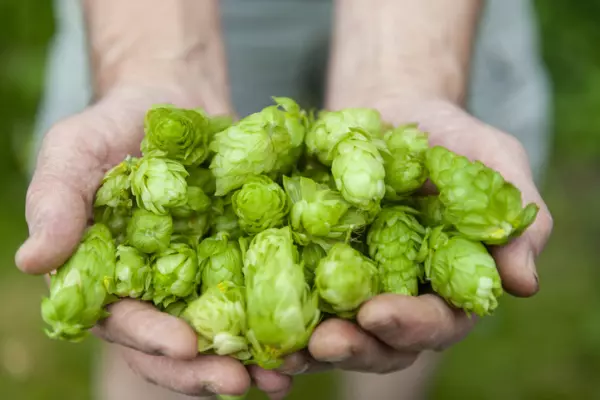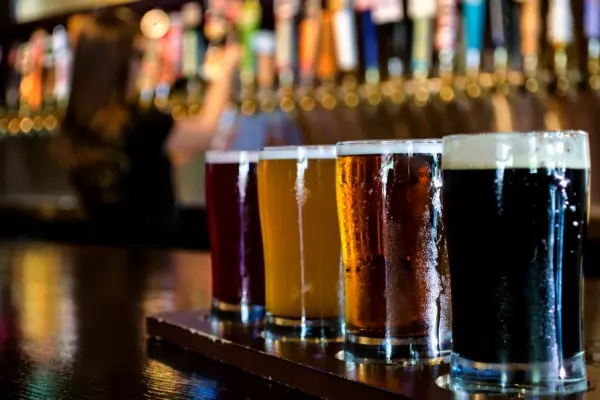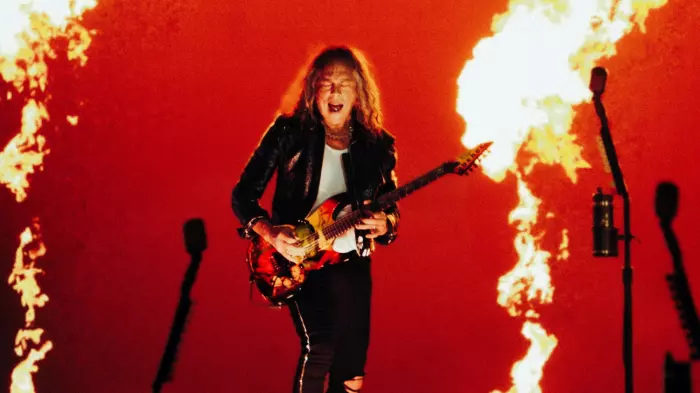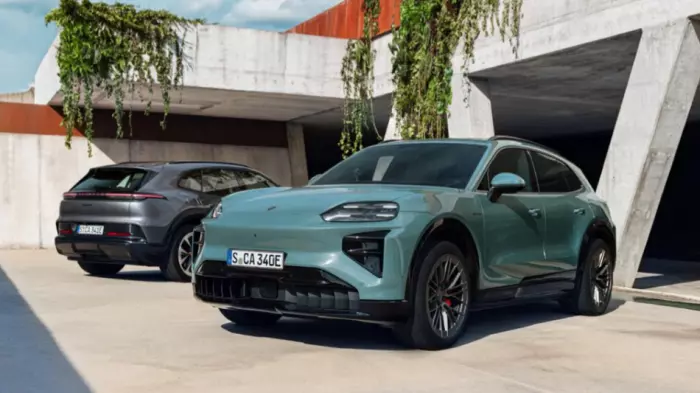Craft-brewed non-alcoholic beers are proving incredibly popular judging by social media posts from retailers and customers alike.
Liquorland in Forrest Hill on Auckland’s North Shore recently posted a picture of Bach Brewing’s All Day Non-Alcoholic IPA and said: “0% craft beers about to have a moment, I think. Can’t get enough of this on the shelves.”
Another store, responding to a customer’s query about where to find Garage Project’s Tiny But Mighty No Alcohol Hazy IPA, wrote: “We have it in stock but we’re down to our last six-pack.”
Another customer boasted about nabbing the last six-pack of Sawmill’s Bare Beer at their local supermarket.
It’s no surprise. There’s been a strong global trend to zero alcohol that’s finally reached New Zealand and our breweries have responded with no-alcohol beers that are packed to the brim with flavour.
Non-alcoholic and zero-alcohol beers (two quite different things, as we shall learn) turned a corner a couple of years ago in terms of market awareness with the high-profile launch of Heineken 0.0.
The global liquor giant’s technically excellent zero offering is a decent facsimile of the regular Heineken flavour profile and it made people realise that nada alcohol doesn’t have to taste like a muddy malt drink (and more on that in a moment, too).
The big difference between Heineken’s 0.0 and the non-alcoholic beers launched by Garage Project, Bach and Sawmill in recent weeks is that the Kiwi versions are legally non-alcoholic but are not zero alcohol.
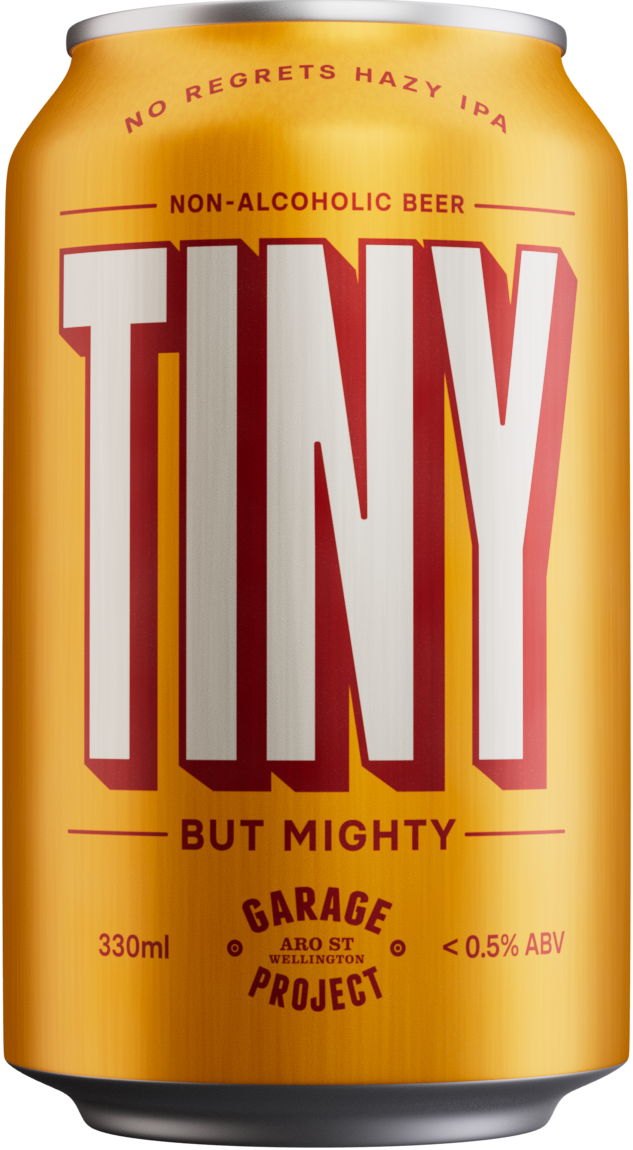 Garage Project's Tiny But Mighty.
Garage Project's Tiny But Mighty.
The true “zeroes” are generally made by having alcohol removed, usually via vacuum distillation or reverse osmosis, although Heineken and others keep their methods secret to maintain their market edge. A complex technology called Spinning Cones is an Aussie invention that’s popular with wineries as it removes alcohol without removing aroma, but it seems unsuited to the huge volumes breweries need to push through.
“Non-alcoholic”, on the other hand, is a legal definition, which in New Zealand means a beverage with less than 1.15% alcohol by volume (ABV). Other countries have lower thresholds, with 0.5% a more common mark.
And while 1.15% may feel high, there are probably plenty of products on supermarket shelves in New Zealand with some alcohol, but less than that level. Anything that’s fermented has some alcohol, with kombucha being a prime example. Breath-freshener strips, sauerkraut, and some very ripe fruits all contain some alcohol. A ripe banana can contain around 0.4%.
Both the Bach Brewing and Garage Project offerings are advertised as having less than 0.5% ABV and Sawmill’s is touted as less than 1.15%; the brewery says the ABV is actually closer to 0.7%.
In a triumph for this trio, each won a bronze medal in the “specialty and experimental” category at the Brewers Guild Awards in October.
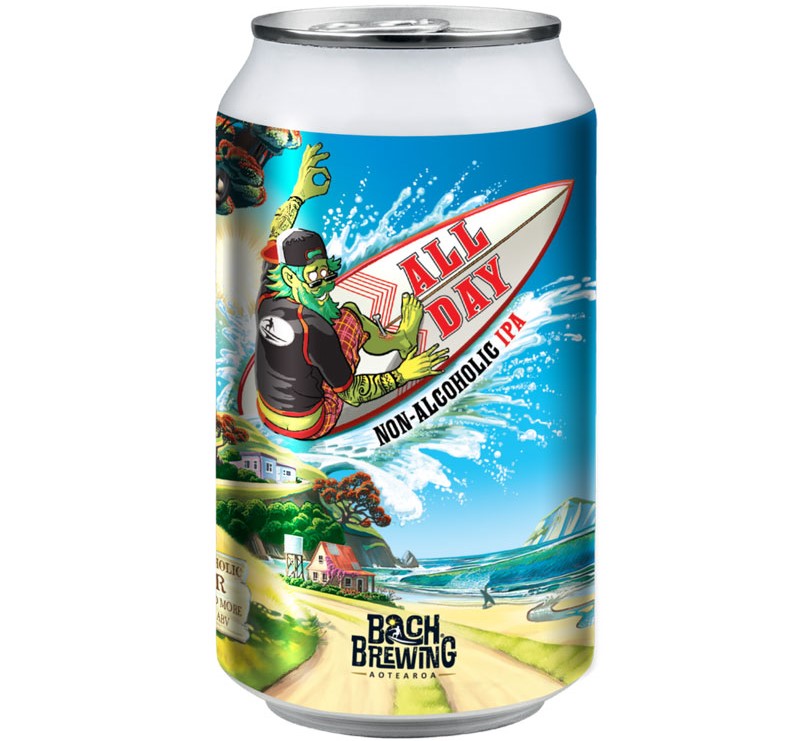 Bach Brewing's All Day Non-Alcoholic IPA is less than 0.5% ABV.
Bach Brewing's All Day Non-Alcoholic IPA is less than 0.5% ABV.
This classification is quite broad and features entries that included double-digit ABV hop monsters, wild ales, Milkshake IPAs, smoked beers, nutty beers, fruity beers … you name it, if it’s unusual it’s entered in this category. For all three of these non-alcoholic beers to win medals in such a wide-ranging category is quite an achievement for the respective brew teams.
One characteristic all three beers have – in technical terms – is that they are pretty clean. This is all about fermentation, and when you get a non-alcoholic beer that tastes like malt powder mixed with water, that’s a result of what’s called “arrested fermentation” – when the process is stopped before too much alcohol is formed. The “worty” (pronounced werty) or raw beer quality is passable but not exactly delicious.
All three of these craft releases have avoided that taste profile – in fact, Craig Cooper from Bach Brewing made that factor his top priority when briefing contract brewing partner Steam on what he wanted to achieve. While most breweries closely guard the secrets to the success of their non-alcoholic beers, Sawmill head brewer Scott Sharp-Heward is open about the methods they used. Specialty grains, ones that do not easily ferment, were combined with a low-attenuating yeast (yeast that naturally makes lower alcohol) and as a result they were able to create a fullish fermentation that naturally produces very low ABV.
Bach and Garage Project have also achieved this, and the trio have created beers that taste bright and clean.
All three are hop-driven but in different ways. Bach All Day bursts with tropical hop character and long-lasting flavour, like an IPA, while Garage Project’s Tiny But Mighty is brightly lemon citrus with a sparkling mouthfeel and just a touch hazy. It’s quite sweet as a result of residual malt sugars. Sawmill’s Bare Beer is in a pale ale style and has an uptick of bitterness undercutting a piney-citrus hoppiness. For some reason, drinking these straight from the vessel rather than a glass adds to the flavour experience.
Alcohol is one of the factors that gives beer some shelf life, so it’s worth checking the best-before dates on these, although the Bach beer is pasteurised, which adds to its longevity.
All three are naturally light on the palate, but that comes with the territory of non-alcoholic. The only way to fatten up the mouthfeel in a non-alcoholic beer is to back-add sugar, which is why so many on the market taste overly sweet.
In short, the Bach, Garage Project and Sawmill offerings are three of the best-tasting non-alcoholic beers on the market right now and are proof of the skill that New Zealand craft brewers have developed in recent years.
Follow Michael @hoppiness.co.nz





